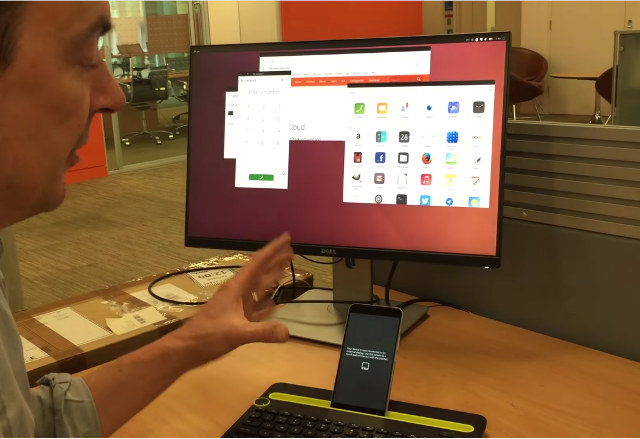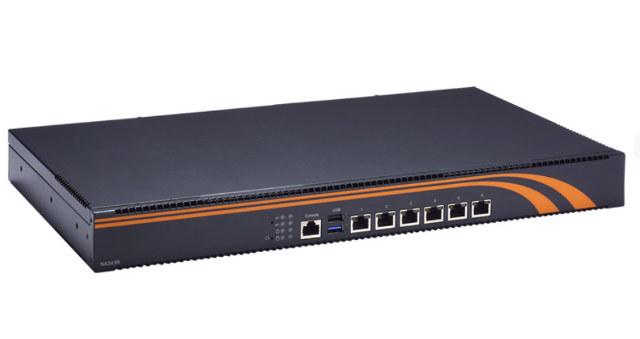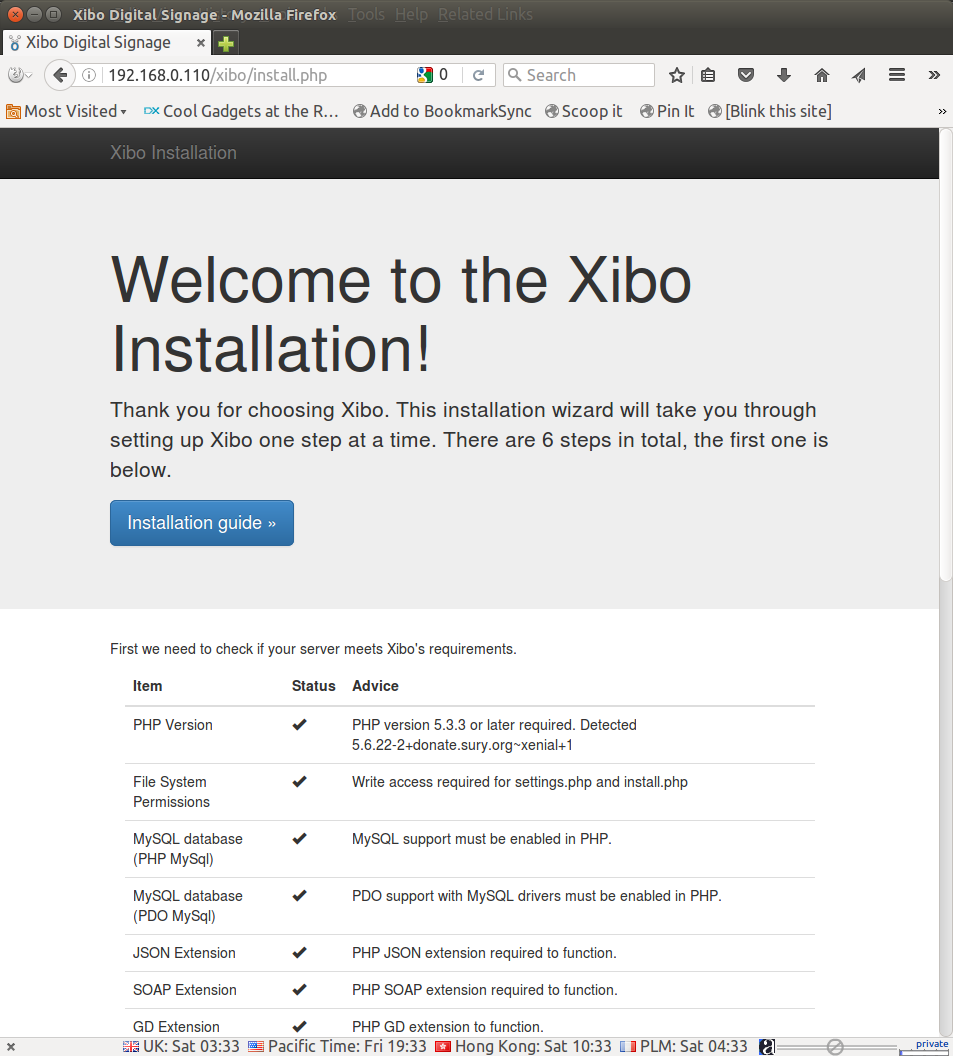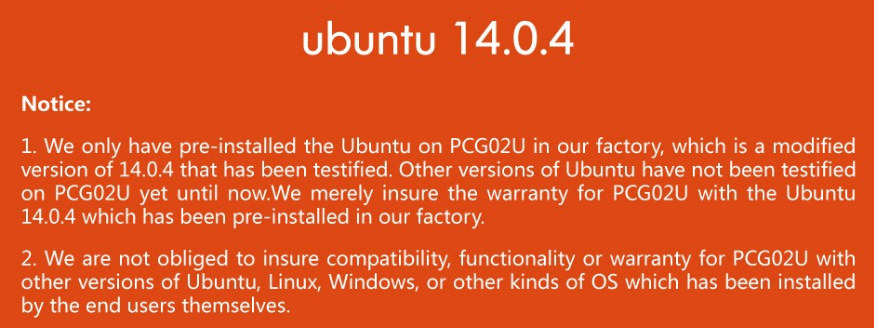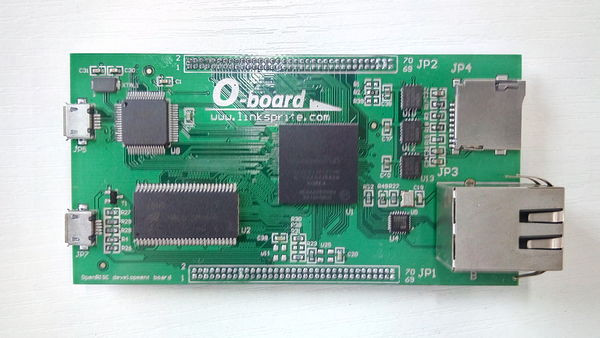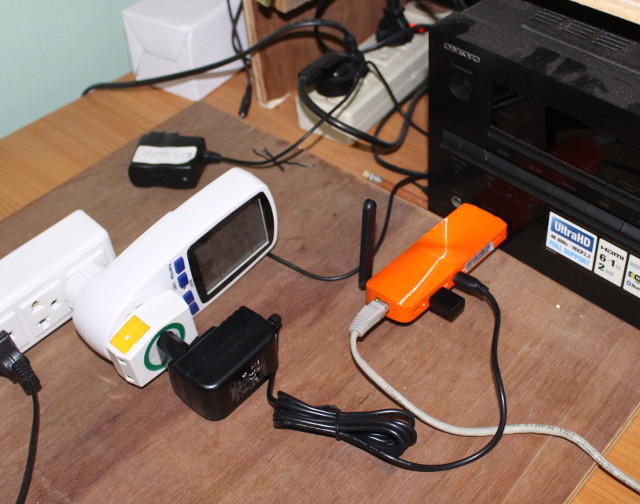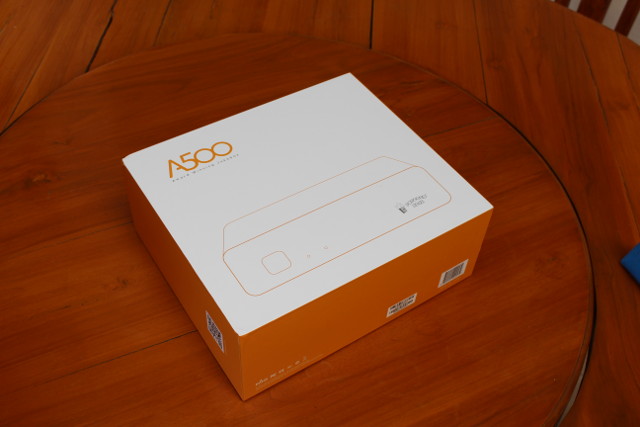Meizu PRO 5 Ubuntu Edition is a powerful smartphone running Ubuntu based on Samsung Exynos 7420 octa-core processor, 3GB RAM and 32 GB internal store. However, the main disappointment at the time of the launch was that it did not feature any physical video output interface, so convergence (desktop mode) was not available at the time, but Canonical has now implemented wireless display support with OTA11, and the phone will switch to desktop mode when connected to a WiDi adapter. That’s what the company had to say about the release: The latest Over-The-Air update has landed and this is a special one. We’ve introduced wireless display capabilities, which means that you can enjoy the full Ubuntu PC experience running from the latest Ubuntu smartphone, the Meizu Pro 5. And the best bit is, it will be available for all future Ubuntu smartphone and tablet devices (with supporting hardware)! The Product […]
Axiomtek NA343R 1U Rackmount Network Appliance is Powered by an Intel Celeron N3160 Braswell Processor
Many Braswell mini PCs have been launched in the last year, and usually we’d see 1U rack used by processor specifically designed for server such as Intel Xeon or Atom Avoton, but thanks to Axiomtek NA343R , we’ve not got a 1U rackmount server powered by Intel Celeron N3160 processor part of the Braswell family. Axiomtek NA343R rack server system specifications: SoC – Intel Celeron N3160 quad-core processor @ 1.6 GHz / 2.24 GHz (Burst frequency) with Intel HD graphics 400 with 12EU (4W SDP / 6W TDP) System Memory – 1x SO-DIMM DDR3L-1600 for up to 8GB RAM Storage – 1x CFast, 1x 2.5″ SATA HDD. optional 3.5″ SATA HDD Video Output – Optional VGA port Connectivity – 6x Gigabit Ethernet via Intel i211 Ethernet controller, one group of LAN bypass function. USB – 2x USB 3.0 ports Misc – Power switch, status LEDs, 1x RJ45 console port, watchdog […]
How to Install PHP 5.6 (and Xibo Digital Signage CMS) in Ubuntu 16.04
Xibo is an open source digital signage using a client / server architecture, and in the past I wrote a tutorial showing how to use it, and ran Xibo Python client on ARM Linux TV box, but with software handling only so rendering scrolling text was not very smooth at all, and video decoding was not really possible. But now I have Star Cloud PCG02U Intel TV stick which costs just $70 shipped with Ubuntu 14.04, and that I have upgraded to Ubuntu 16.04, and I thought that would be a great low cost Xibo Linux client which should have pretty good performance. I started by installing Xibo server, only to find out that the cross-platform Python client had been phased out, with now only Windows and Android clients available. So I canceled my plan. I still had some challenges installing Xibo server on Ubuntu 16.04, so I’ll report my […]
Updating Star Cloud PCG02U to Ubuntu 16.04 with WiFi and HDMI Audio Support
I completed my review of PCG02U Ubuntu TV stick a few days ago, and I was quite satisfied with the device, but since Ubuntu 16.04 was released last month, I thought it might be fun to upgrade to the latest version of Ubuntu. I’m go through the complete steps including building a new kernel for HDMI audio, and the drivers for WiFi, but you should be able to install Ubuntu 16.04 for Bay Trail and Cherry Trail processor with the image made by Linuxium and a USB stick. Star Cloud PCG02U OS Support and Warranty Before I go through the instructions, you may want to read the conditions on MeLE’s Aliexpress PCG02U page. They meant Ubuntu 14.04 instead of 14.0.4, but the important part is that if something goes wrong trying alternative OS, you may lose your warranty. Upgrade Ubuntu 14.04 to Ubuntu 16.04 Upgrading from one LTS version to […]
LinkSprite O-board Altera Cyclone IV FPGA Development Board Targets OpenRISC Development
OpenRISC project‘s goal is to create a free and open processor for embedded system that include RISC instruction set architecture with DSP features, an open source implementations of the architecture, open source development tools and software, and simulators. You normally need FPGA board to emulate the processor before silicon is made available, so LinkSprite designed the O-board powered by Altera Cyclone IV FPGA to help with OpenRISC development and evaluation. O-board specifications: FPGA – Altera Cyclone IV E with 22K LUT (P/N: EP4CE22F17C8N) System Memory – 32MB SDRAM Storage – 1MB SPI FLASH, micro SD slot Connectivity – 1x Fast Ethernet (RJ45) USB – 1x micro USB for OTG HOST/SLAVE, 1 x micro USB for power supply, configuration, 2x UARTs, 2x JTAG… Expansion connectors – 2x 70-pin headers Power Supply – 5V via miro USB Dimensions – 96 x 40 mm The Wiki for the board explained how to get […]
Star Cloud PCG02U Ubuntu 14.04 TV Stick Review
Star Cloud PCG02U is the first Ubuntu product from MeLE. After taking a few pictures of the TV stick and the board, I’ve tested the performance and functionality of the device. First Boot and Setup You can either connected the stick directly into an HDMI port, or using the provided female to female adapter via an HDMI cable. I’ve opted to insert the device directly into the AUX port of my Onkyo A/V receiver itself connected to my TV. Since there’s only one USB host port, USB keyboard and mouse are not convenient since it would add a USB hub, so I went with Logitech MK270r wireless mouse & keyboard combo instead. You can either used Ethernet or WiFi for Internet connectivity, and I opted for the latter for most of the review, but WiFi is also working fine. The final step is to connect the power supply into the […]
Popcorn Hour A500 4K Linux Media Player Specifications, Unboxing, and Teardown
CloudMedia introduced Popcorn Hour A500 Pro last summer on Kickstarter, and as the company is about the ship rewards to backers, they has now recently introduced a lower cost version, called Popcorn Hour A500, based on the same processor but overall lower specs to bring the price down to $269. The company has sent me a review sample, so I’ll start by listing the hardware specifications, and post pictures of the device and its internals, before testing media playback capabilities later on. Popcorn Hour A500 Specifications The “non-PRO” version has less RAM, dropped the XLR connectors, and uses a cheaper audio DAC: SoC – Sigma Designs SMP8758 dual core ARM Cortex A9 processor @ 1.2 GHz with ARM Mali-400 GPU and VXP image processing engine System Memory – 1GB DDR3 Storage – 512 MB SLC NAND Flash for firmware, 1x SD card reader, internal SATA bay for 2.5″ and 3.5″ […]
Getting Started with Beaglebone Green Wireless Development Board
SeeedStudio introduced BeagleBone Green Wireless based on BeagleBone Green, but replacing the Ethernet port by a Wilink8 WiFi and Bluetooth module, and providing 4 USB ports in total. I’ve also ready taken some picture of the board, and Grove Base Cape to addition the company’s add-on boards via I2C, UART, analog, or digital interfaces. So today, I’ll report about my experience getting started with the board. First Boot of BeagleBone Green Wireless Since the board comes with a Debian image installed on the internal 4GB eMMC flash, checking out the board should be really easy. The Wiki may help, but for a first try to check the board is indeed working, you can simply connect it to a 5V power supply, or the USB port of your computer to port it up. I’m using a development machine running Ubuntu 14.04 with both Ethernet connected to my router, and a WiFi […]


